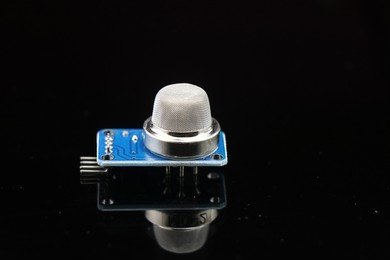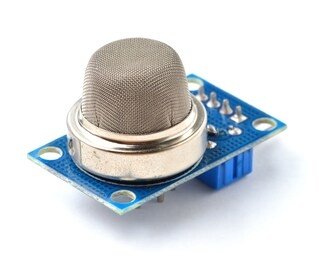Air quality modules, also known as air quality sensor modules, air quality sensors or monitors, are devices that measure various parameters of indoor air. These parameters can include particulate matter (PM), volatile organic compounds (VOCs), carbon dioxide (CO2), humidity, and temperature. The data collected from these modules is invaluable for ensuring a healthy indoor environment, be it in an office, manufacturing facility, or residential setting.
But with the multitude of options available in the market, how to identify the right air quality module for your requirements? Here are some practical steps to help you find high-quality air quality modules:
Define Your Requirements
Begin by understanding your specific air quality monitoring needs. Different industries and environments require different sensors. For instance, a company operating in an industrial setting may prioritize VOC and PM monitoring, while an office may focus on CO2 levels. Identifying your requirements is the first step.
Evaluate Accuracy and Precision
The accuracy and precision of the sensor are paramount. Look for devices that provide precise measurements. Even a slight inaccuracy can lead to incorrect interpretations of air quality data.
Consider Data Output
Determine how you want to access your air quality data. Some modules offer real-time data through Wi-Fi or Bluetooth connections, while others allow data logging for later analysis. Choose a method that best aligns with your company's data management processes.
Sensor Calibration
Choose air quality modules that come pre-calibrated and ready for use. This reduces the need for manual calibration and ensures reliable measurements from the start.

Durability and Maintenance
Investigate the maintenance requirements of the selected module. Opt for modules that are known for their durability and low maintenance to reduce downtime and costs.
User-Friendly Interface
An intuitive user interface and accompanying software are essential. Your staff should be able to easily understand and interpret the air quality data. Look for modules with user-friendly interfaces.
Balance Cost and Quality
While budget constraints are a consideration, avoid compromising on quality to save costs. High-quality modules may have a higher initial price but offer long-term reliability and accurate results.
Read Product Reviews
Take the time to read reviews from other companies and users who have experience with the modules you're considering. Real-world feedback can be invaluable in making an informed decision.
Choose Reputable Brands
Consider purchasing from reputable brands and manufacturers that have a track record of producing quality air quality monitoring equipment. A reputable brand often correlates with product quality and reliability.
Warranty and Support
Investigate the warranty and after-sales support offered by the manufacturer. A robust warranty and accessible customer support provide peace of mind for your company.

Frequently Asked Questions
Can a single air quality module meet all my monitoring needs?
It depends on the module's capabilities. While some advanced modules offer multi-parameter monitoring, it's essential to match your specific needs with the device's features.
How frequently should air quality modules be calibrated for optimal performance?
Calibration intervals depend on the manufacturer's recommendations and usage. Some may need calibration every few months, while others can go longer between calibrations.
What benefits can a company expect from investing in high-quality air quality modules?
Investing in high-quality modules leads to accurate data, early detection of air quality issues, improved indoor air quality, and enhanced well-being for occupants.
In Conclusion
A company's commitment to providing clean, healthy air is exemplified through the careful selection of high-quality air quality modules. By identifying your specific needs and considering factors such as accuracy, data output, maintenance, and user-friendliness, you're taking important steps towards creating a better indoor environment for everyone. If you have further questions or need assistance in finding the right air quality modules for your company, feel free to reach out.

